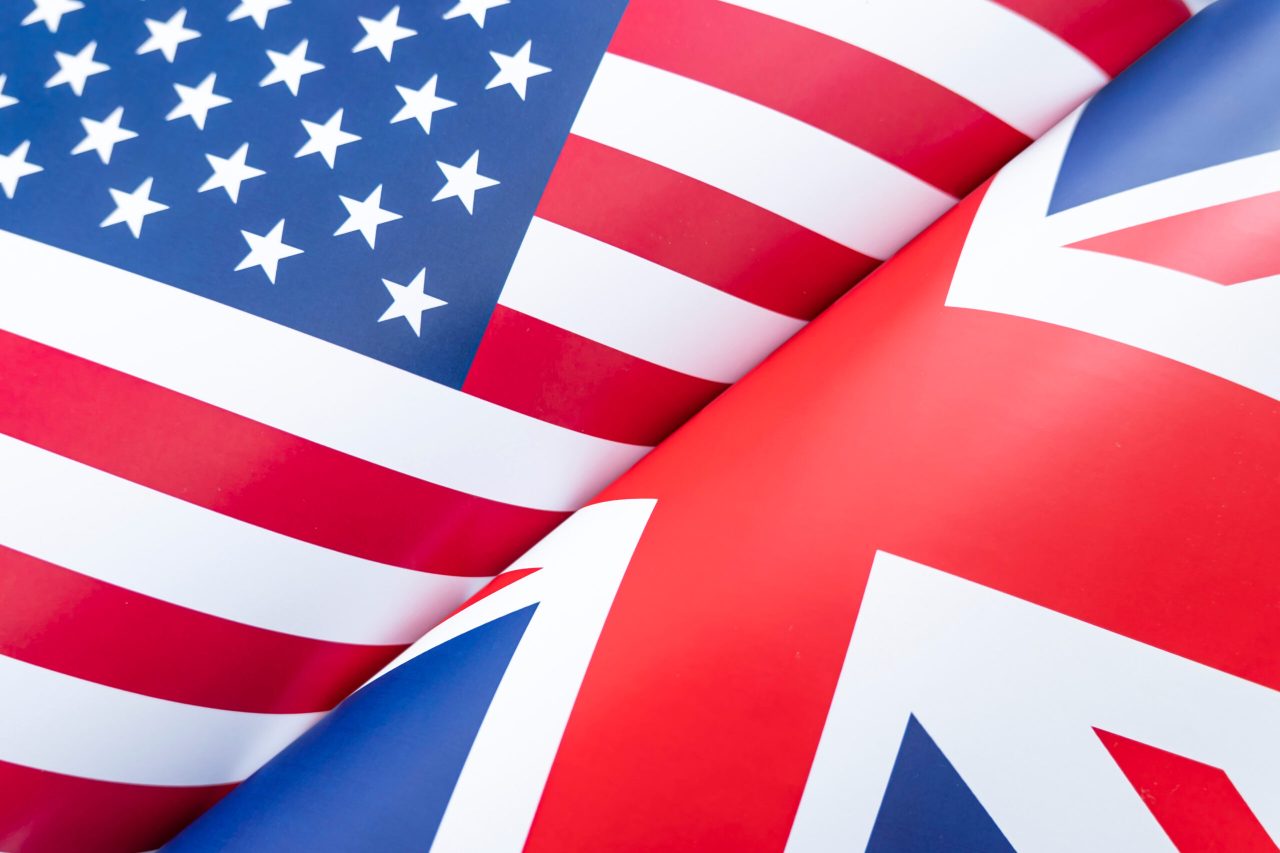Donald Trump’s pledge to impose tariffs of up to 20% on global imports, with even higher rates for China and Mexico, could have significant implications for British exporters.
With the United States serving as a primary market for UK goods like Land Rovers, machinery, chemicals, and pharmaceuticals, Britain faces unique exposure to the president-elect’s protectionist policies.
UK’s trade reliance on the US is greater than EU counterparts
According to data from the McKinsey Global Institute and UN Comtrade, the US is the leading destination for nine out of 15 British export sectors.
In comparison, only four German and one French sectors are similarly reliant on American demand.
“Where goods only are concerned, the US has a more dominant share of UK exports in many sectors than would be the case for key countries in the EU,” said Tera Allas, director of research and economics at McKinsey UK & Ireland.
This outsized dependency leaves UK companies more vulnerable to shifts in American trade policies.
However, Britain’s robust services sector—which accounts for almost two-thirds of UK-US trade—could provide some insulation from potential tariffs.
Goods exports, though less significant in aggregate GDP contribution, still represent a critical component of Britain’s economic fabric.
High exposure in the transport and pharmaceutical sectors
The transport equipment sector, which includes major players like Rolls-Royce Holdings Plc and Jaguar Land Rover, is particularly exposed.
In 2022, nearly a fifth of the UK’s $89 billion in transport equipment sales came from the US.
Rolls-Royce, which earned almost a third of its global revenue in North America in 2023, also operates facilities in Indiana, Michigan, and South Carolina, potentially cushioning it from the worst impacts of tariffs.
Meanwhile, Jaguar Land Rover relies on the US for nearly a quarter of its £29 billion annual revenue.
Similarly, pharmaceutical giants AstraZeneca Plc and GSK Plc derive 42% and 52% of their sales, respectively, from the American market.
Both companies have been ramping up manufacturing operations in the US, possibly as a hedge against future trade disruptions.
UK-US trade relationship valued at over £300B annually
While the overall UK-US trade relationship—valued at over £300 billion annually—is largely driven by tariff-exempt services, the threat to goods exports is real.
Bloomberg Economics has warned that in a worst-case scenario, Trump’s protectionist measures could pull UK GDP growth below 1%.
“UK goods exports look very exposed to potential Trump tariffs,” Emily Fry, senior economist at the Resolution Foundation said in a report by Bloomberg.
“The US is our biggest goods export market, and several sectors such as pharmaceuticals have high exposure.”
Some relief may come from the fact that pharmaceuticals are historically less likely to face significant tariff increases.
AstraZeneca CEO Pascal Soriot has expressed cautious optimism about the resilience of the sector, though uncertainty lingers.
Since Brexit, the UK has sought to deepen trade ties with the US, but efforts to secure a comprehensive trade agreement have repeatedly stalled.
Disagreements over climate change, tariffs, and government procurement remain key sticking points.
Despite the Labour government’s emphasis on free trade, the Trump administration’s tariff threats could further complicate negotiations.
“These sectors are likely to be targeted by Trump tariffs,” said Maxime Darmet, senior economist at Allianz Trade in the report.
“For instance, machinery and equipment are core manufacturing goods for which the US runs a trade deficit against most countries and would like to re-shore the production on US soil.”
British exporters are bracing for potential ripple effects
For now, the full impact of Trump’s trade policies on the UK remains unclear.
However, British exporters are bracing for potential ripple effects on jobs, revenues, and broader economic growth.
With key industries such as pharmaceuticals, transport equipment, and machinery heavily reliant on the US, the stakes are high.
The special trade relationship between the US and the UK is facing one of its most significant tests, as Trump’s policies could reshape the dynamics of transatlantic commerce.
For now, British companies must navigate the uncertainty and consider strategies to mitigate potential disruptions.
The post Why Trump’s tariffs may hit UK businesses harder than European firms appeared first on Invezz


